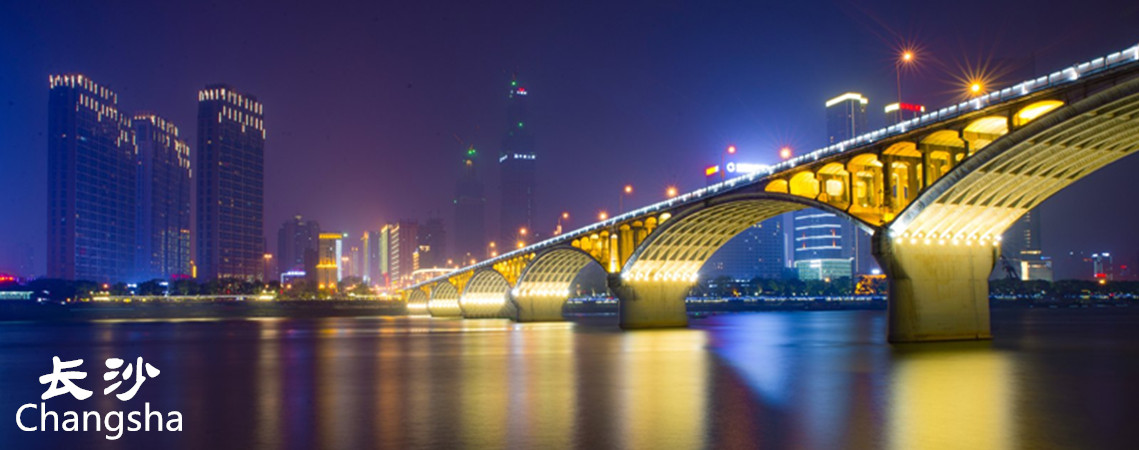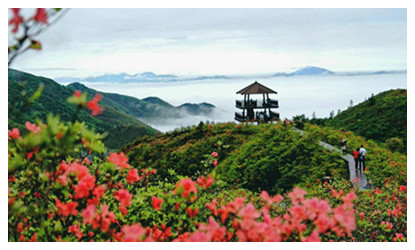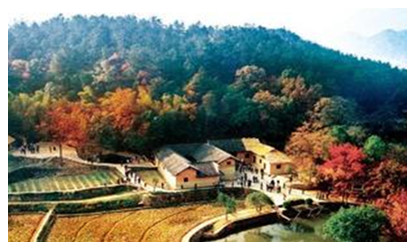Skype: neodalle-travel
Tel: +86 135 7447 2266
E-mail: sales@zhangjiajieholiday.com

 Chinese Revolutionary History’s National Heritage site. For its cultural and natural sights, Shaoshan has since been a major tourist destination. It is estimated that nearly 40 million tourists, Chinese and foreign, have visited comrade Mao Zedong’s former residence since the founding of the People’s Republic of China. Among the distinguished guests are over 100 Chinese party leaders or state leaders, 14 foreign heads of state, 30 foreign governmental leaders, and visitors from over 150 countries.
Chinese Revolutionary History’s National Heritage site. For its cultural and natural sights, Shaoshan has since been a major tourist destination. It is estimated that nearly 40 million tourists, Chinese and foreign, have visited comrade Mao Zedong’s former residence since the founding of the People’s Republic of China. Among the distinguished guests are over 100 Chinese party leaders or state leaders, 14 foreign heads of state, 30 foreign governmental leaders, and visitors from over 150 countries. With a northern exposure, Comrade Mao Zedong’s boyhood home is typical Southern Chinese mud brick farmhouse. Down in a hollow, it is situated at the foot of a green hill and beside a clear stream. To borrow a locally used term, it is shaped like “a load of firewood”. In the old days, the farmhouse was shared by two families.The Maos lived on the eastern end of 13 blue-tile rooms and their neighbor on the western end of 4 thatched rooms.The entrance hall was shared by two families.
With a northern exposure, Comrade Mao Zedong’s boyhood home is typical Southern Chinese mud brick farmhouse. Down in a hollow, it is situated at the foot of a green hill and beside a clear stream. To borrow a locally used term, it is shaped like “a load of firewood”. In the old days, the farmhouse was shared by two families.The Maos lived on the eastern end of 13 blue-tile rooms and their neighbor on the western end of 4 thatched rooms.The entrance hall was shared by two families. Ask Questions ?
Ask Questions ?